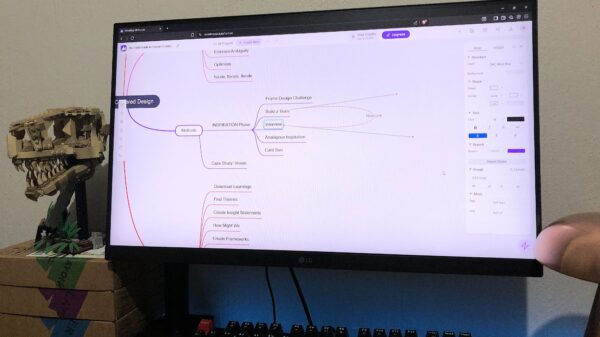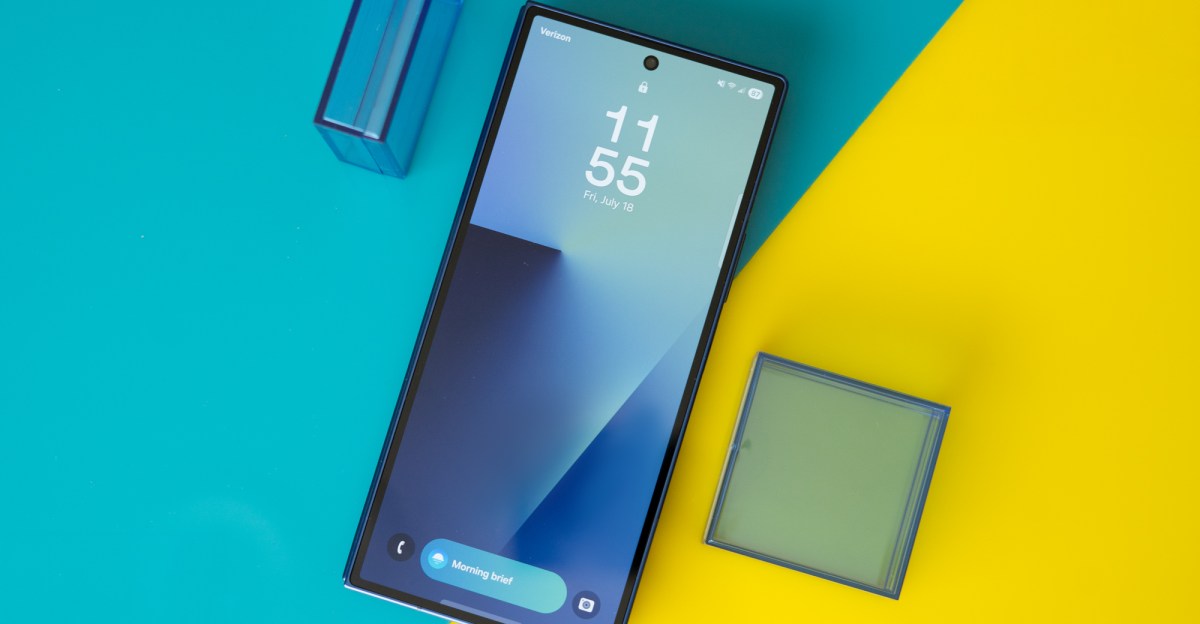Samsung’s latest software update, One UI 8, has introduced a significant restriction for users of its Galaxy devices. Reports indicate that the update disables the ability to unlock the bootloader, a feature previously available in many regions outside the United States. This change affects users looking to load custom ROMs and modify their devices.
The new limitation was first highlighted by SammyGuru, with users on the XDA Developers forum confirming the findings. Previously, users could unlock their bootloaders, allowing them to install custom software and make extensive changes to their phones. However, with One UI 8, Samsung appears to have implemented stricter controls, particularly for regions that previously permitted unlocking.
Details of the Restriction
In the investigation of One UI 8’s code, users discovered a line indicating that the bootloader is now locked. The specific line, “androidboot.other.locked=1,” suggests that Samsung has transitioned from its earlier setting, which allowed unlocking. Prior versions of One UI had this line set to “0,” enabling bootloader access in various markets.
This update is not limited to the Galaxy Z Flip 7 and Galaxy Z Fold 7, as users have also noted similar restrictions in beta builds for the upcoming Galaxy S25. The change appears to have been applied uniformly across multiple device models, prompting concerns among the user community regarding the implications for customization and software flexibility.
Community Response and Implications
The decision to disable bootloader unlocking has raised eyebrows within the tech community. Users value the ability to modify their devices, often using custom ROMs for enhanced performance or features not available in the stock software. As discussions continue on platforms like XDA Developers, many users are expressing frustration over this restriction, viewing it as a move toward a more closed ecosystem.
Samsung has yet to provide an official comment on the matter, leaving users to speculate on the company’s motivations. Some see this as a shift towards increased security measures, while others view it as a limitation on user autonomy. The broader implications for Samsung’s relationship with its customer base remain to be seen, particularly as users increasingly seek devices that offer greater flexibility and customization options.
As the conversation evolves, the impact of One UI 8 on user experience and device modification is likely to be a hot topic among tech enthusiasts.





































































